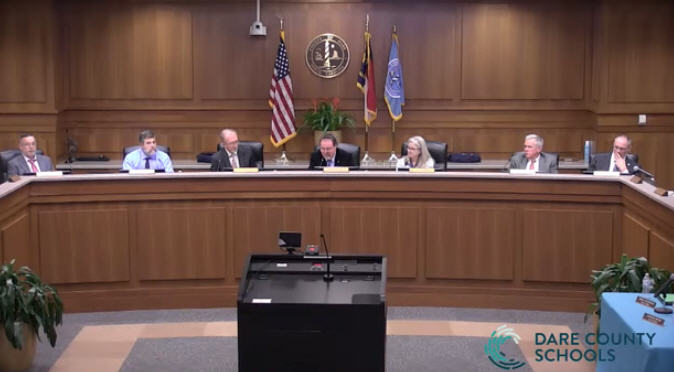Commentary: Thousands of seniors anxiously await lawmakers’ budget decisions
As state lawmakers return this week from their unusual spring break, debate over the budget will take center stage as the House puts together its spending plan for the next two years.
Most of the public discussion of the budget focuses on teacher and state employee pay, education funding, Medicaid, and business incentives.
The $21 billion plan will also include hundreds of spending decisions that seem small in comparison to the big ticket items but that directly affect the lives of tens of thousands of people, especially low-income families and other vulnerable populations, children, people with mental illness or a disabilities, and seniors.
One of the best examples of what’s at stake in the debates behind the scenes is the pending funding decision on the Home and Community Care Block Grant, a program funded by the federal, state and local governments that provides basic in-home services to allow seniors to stay in their homes and out of expensive institutions—meals on wheels, transportation to the doctor and adult day care support.
Despite growing revenues and a recovering economy, state lawmakers cut state funding for the block grant program by roughly a million dollars last year, adding to a waiting list for the basic services that numbered more than 16,000 when the General Assembly voted to cut the funding.
That cut came on top of a $2 million dollar reduction in federal funding thanks to the ridiculous budget sequester agreement that reduced federal spending.
There was no explanation for the reductions made to the program in the state budget last year. It was just another decision made to slash spending in the name of shrinking government and freeing up money to pay for the rising cost of the tax cuts passed in 2013.
Gov. Pat McCrory included no new money for the block grant program in the budget proposal he submitted to lawmakers last month, leaving the funding at last year’s reduced level even as the state’s senior population continues to grow.
Standing still is moving backwards and forcing more people on to the waiting list or into institutions where it will cost taxpayers more to take care of them.
Increasing funding for the program by at least restoring last year’s cut is a major priority for groups that advocate for seniors, including AARP, and they make a compelling case.
Almost two-thirds of the people who received help from the program in 2013-2014 were over 75 years old—the average participant is nearly 80– and roughly half of them had incomes at or below the poverty level and the services provided are not covered by Medicaid.
N.C. Health News last year told the story of one of them, a 91-year-old woman in Wilson who would have been in an assisted living center partially paid for by Medicaid without Meals on Wheels supplementing the help she receives from extended family members.
Because of the recent budget cuts there are fewer seniors receiving the services now than received them three years ago, despite the growing senior population and the growing need.
The block grant program saves money and improves the quality of life for thousands of people who want to stay in their own homes. It’s absurd to keep reducing the funding and the people in North Carolina agree.
A poll released in November found that 85 percent of voters support the state increasing funding to reduce the waiting list for services and 70 percent support more funding for the program even if it meant raising taxes.
The people of North Carolina get it. They know that providing meals and other basic services to seniors in their homes is the compassionate and the fiscally prudent thing to do.
Let’s hope legislative leaders catch on this year and realize that every proposed budget cut is not a good one and that their decisions have real and human consequences.
(NC Policy Watch is a progressive, nonprofit and non-partisan public policy organization and news outlet dedicated to informing elected officials as they debate important issues and, ultimately, to improving the quality of life for all North Carolinians.)
Thousands of seniors anxiously await lawmakers’ budget decisions
















